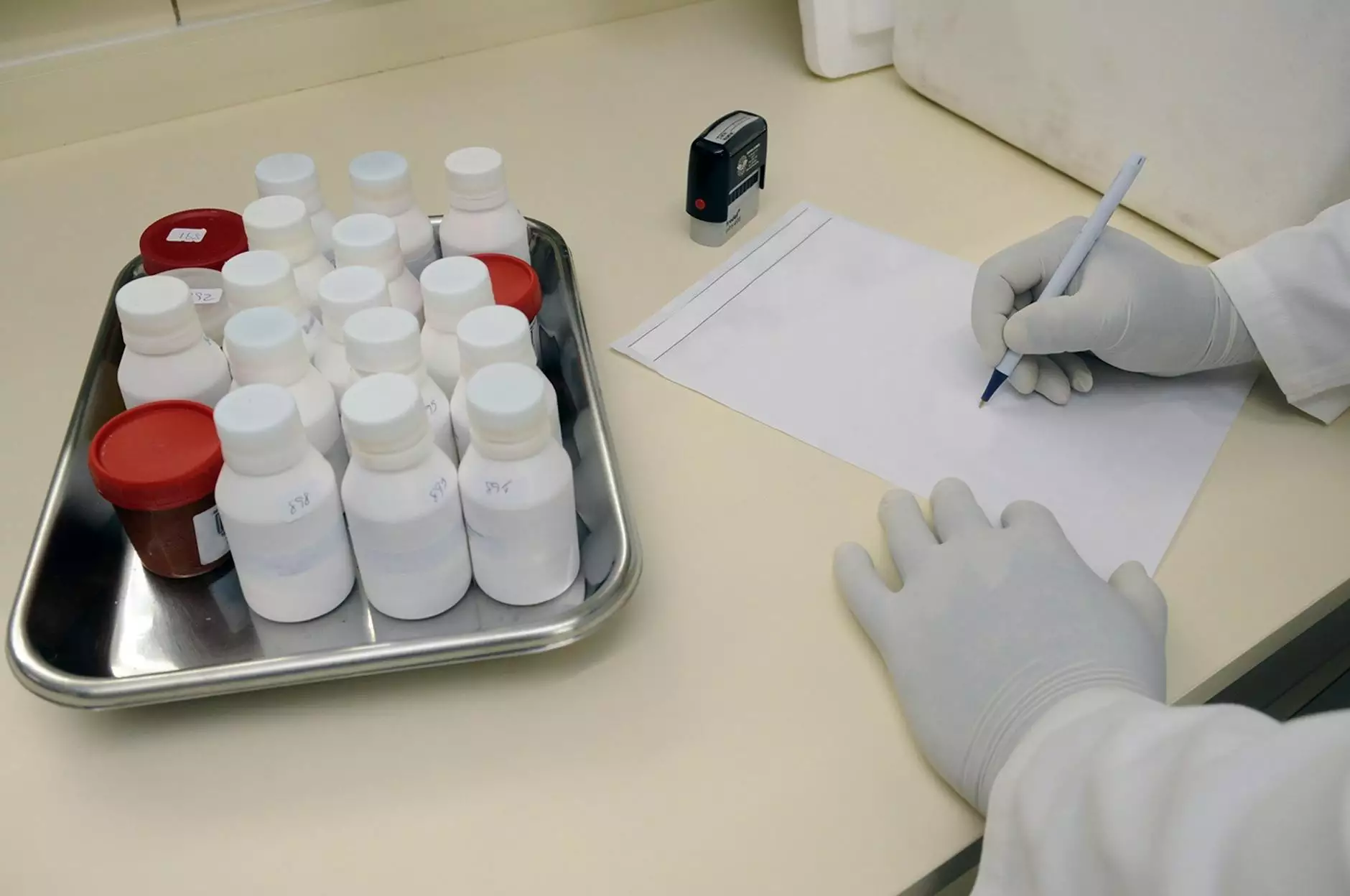Mastering Medical Coding Training: Your Path to a Rewarding Career

In the constantly evolving world of healthcare, the field of medical coding training has emerged as a cornerstone of the medical billing and coding process. As healthcare systems grow more complex, the demand for well-trained medical coders becomes increasingly critical. This article aims to provide a comprehensive overview of medical coding training, its importance, career prospects, and how to excel in this vital area of healthcare.
Understanding Medical Coding
Medical coding is the process of transforming healthcare diagnoses, procedures, medical services, and equipment into universal medical alphanumeric codes. These codes are derived from medical record documentation, such as physician's notes, laboratory results, and radiologic findings. The codes are then used for a myriad of purposes including billing, reimbursement, and statistical analysis.
Types of Medical Codes
- ICD (International Classification of Diseases): Codes that indicate diseases, signs, symptoms, abnormal findings, and external causes of injury or diseases.
- CPT (Current Procedural Terminology): A set of codes that describe medical, surgical, and diagnostic services and procedures.
- HCPCS (Healthcare Common Procedure Coding System): Codes used to represent services, procedures, and certain products including equipment.
Understanding these coding systems is crucial for anyone pursuing medical coding training and will be a significant focus of your training curriculum.
The Importance of Medical Coding Training
As the healthcare industry continues to expand, the role of medical coders is becoming more essential. Here are several reasons why medical coding training is critical:
1. Ensures Accurate Billing
Accurate coding directly affects the revenue cycle of healthcare facilities. Correct codes ensure that healthcare providers receive appropriate reimbursements for their services, minimizing financial loss due to billing errors.
2. Compliance with Regulations
The healthcare industry is heavily regulated. Coders play a vital role in ensuring that healthcare providers comply with various regulations, including HIPAA (Health Insurance Portability and Accountability Act) requirements concerning patient privacy and data security.
3. Facilitates Quality Patient Care
Effective medical coding contributes to the quality of patient care. Accurate coding data helps healthcare providers analyze patient trends, outcomes, and the effectiveness of different treatment protocols.
4. Opens Up Career Opportunities
Medical coding can lead to vast career prospects. With the right training, coders can work in various settings, such as hospitals, clinics, insurance companies, and even as independent contractors.
What to Expect from Medical Coding Training Programs
Embarking on your journey to becoming a medical coder typically involves enrolling in a medical coding training program. Here are some key components you should expect:
1. Curriculum Overview
Most programs include a combination of coursework focused on:
- Introduction to Medical Terminology: Fundamental understanding of medical language.
- Anatomy and Physiology: Insight into the human body's systems and their functions.
- Coding Basics: Learning the various coding systems such as ICD, CPT, and HCPCS.
- Legal and Ethical Aspects: Understanding the legal obligations and ethical considerations in coding.
- Medical Billing Procedures: Familiarity with the billing cycle and the role of coding in billing.
2. Training Formats
Medical coding training can be pursued through various formats, such as:
- Online Programs: Offers flexibility for those balancing work and study.
- In-Person Classes: Provides face-to-face interaction with instructors and peers.
- Hybrid Models: Combination of online and in-person training.
3. Certification Preparation
Many training programs prepare students for certification exams, which are essential for career advancement. Recognized certifications include:
- CERTIFIED CODER (CPC): Offered by the American Academy of Professional Coders (AAPC).
- REGISTERED HEALTH INFORMATION TECHNICIAN (RHIT): Provided by the American Health Information Management Association (AHIMA).
- CERTIFIED CODING SPECIALIST (CCS): AAHIMA certification focusing on hospital coding.
Career Paths in Medical Coding
Completing medical coding training opens the door to numerous career options. Here are some prevalent roles you might consider:
1. Medical Coder
The primary role graduates will embark on is that of a medical coder, where you will be responsible for reviewing medical records and ensuring accurate coding.
2. Medical Billing Specialist
Medical billing specialists handle the billing aspects of healthcare services, ensuring codes are correctly processed, and claims are submitted to insurance companies.
3. Compliance Officer
With experience, you can move into compliance roles, ensuring that healthcare providers adhere to coding standards and regulations.
4. Health Information Manager
This role involves managing patient health information systems and overseeing the storage of medical records.
Advancing Your Career in Medical Coding
Once you've gained some experience in the field, there are several ways to further your career:
1. Continuing Education
Engage in continuous professional development by taking advanced coding courses and staying updated with industry trends.
2. Networking
Join professional organizations such as the AAPC or AHIMA to connect with other professionals and gain access to job resources.
3. Specialization
Consider obtaining certifications in specialized areas, such as inpatient coding or outpatient coding, to enhance your expertise and marketability.
Conclusion: Take the First Step Today!
In conclusion, medical coding training is not just an educational pursuit but a gateway to a fulfilling career within the rapidly expanding healthcare industry. With the increasing reliance on data accuracy and compliance in the healthcare sector, the skills developed through this training will be invaluable.
If you are interested in a rewarding career where your work directly contributes to patient care and the efficient functioning of healthcare systems, consider medical coding training today. Start exploring programs that fit your needs, and prepare to embark on a journey that not only promises personal growth but also the opportunity to make a real difference in the healthcare environment.
For more information about medical coding training and to find the right program for you, visit medesunglobal.com.









